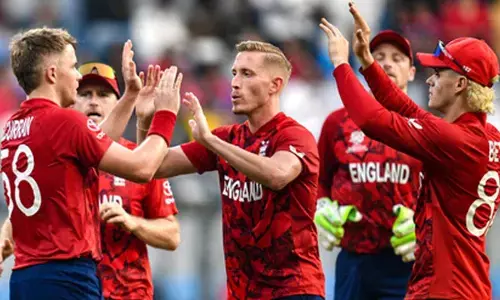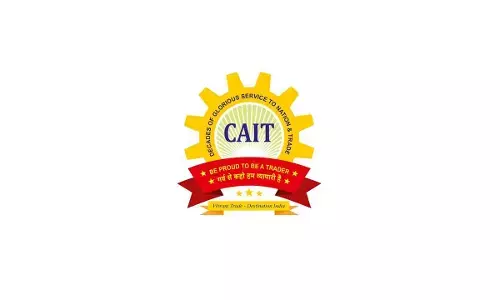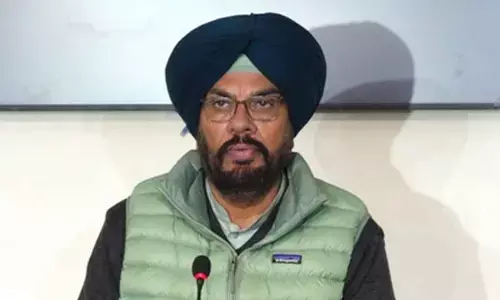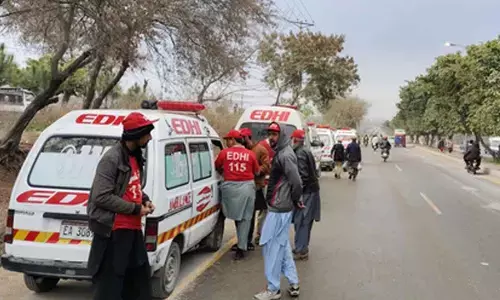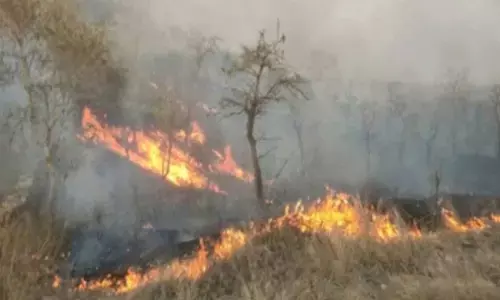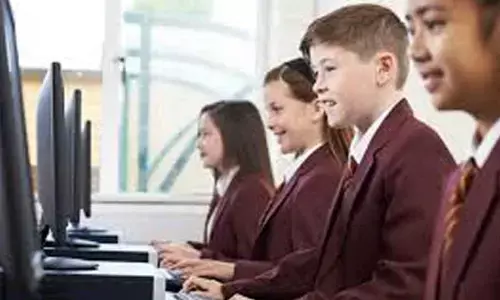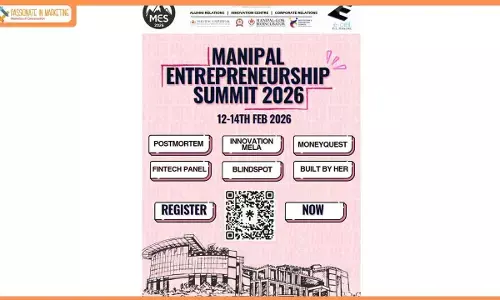Russia-Ukraine war: Two years on, peace not in sight
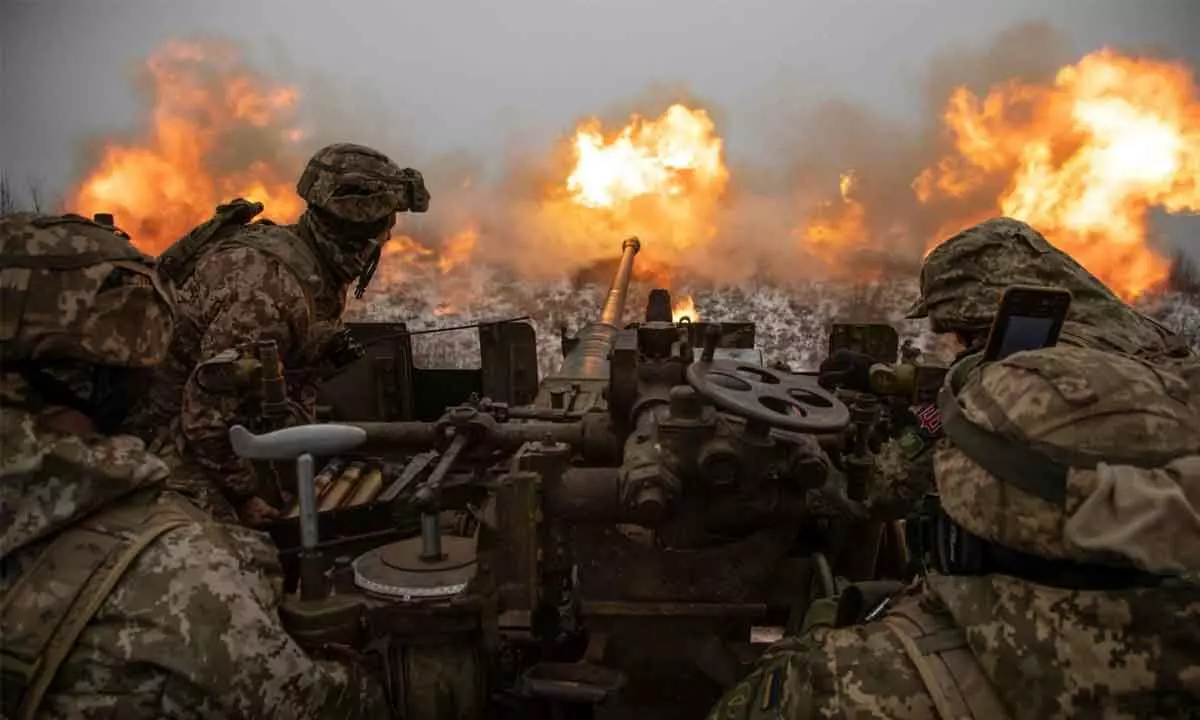
Exactly two years ago this day, Russian President Vladimir Putin addressed the nation and announced a ‘special military operation’ against Ukraine, which is effectively an invasion of a sovereign democratic country. Human dignity, lives, sovereignty and democracy of Ukraine have since been subjected to a relentless onslaught. More than 10,000 civilians lost their lives and lakhs more were injured and rendered invalid. More than 14 million people - nearly one-third of population - had to flee their homes in Ukraine since Russia invasion, as per a UN account. Homeless in their country and abroad, millions continue to writhe in pain and remain displaced in Europe’s largest refugee crisis since World War II.
Russia’s self-proclaimed “liberation” of Ukraine’s eastern Donbas region has laid waste many towns and cities, including Popasna, Rubizhne, Bakhmut, Mariupol and Avdiyivka, and countless rural habitations. It has shattered peace in Europe, and small nationsare terrified of Russian might. Sweden and Finland applied to join NATO. Finland which shares borders with Russia joined in 2023.
Ripple effects of the war have set off regional realignments, spawning food shortages, especially in Africa. Major exports of wheat, barley, corn and cooking oil, from key suppliers of Ukraine and Russia took a major hit particularly to African and Middle Eastern Europe and Sri Lanka in India’s neighbourhood. The conflict and the consequent sanctions by Europe and the US have disrupted oil and gas supplies, thus driving up their prices, causing inflations globally. It needs no stressing that spiralling costs of living diminish the health and wellbeing of people. All that the war has caused or achieved is immense suffering, food and water shortages and despondency.
What forced Putin’s hand in the first place? After annexing Crimea from Ukraine in 2014, Russia warned Ukraine not to give up its neutral status and join the NATO. It cannot brook a NATO ally on its very borders. But hurt by loss of Crimea and Russian stoking of rebellions in eastern region, Ukraine sought NATO membership, further infuriating the wary Russians. Ukraine’s ties to Western Europe date back by over 1,000 years and historically its culture and territories faced subjugation by Russia.
Russia argues its use of force against Ukraine is lawful under Article 51 of the UN Charter, which preserves the rights of UN member states to defend themselves and engage in “collective self-defense.” NATO expansionism and promotion of “Partnership for Peace” are an existential threat to it. The Russia-Ukraine war effectively undermined the free and open international order based on multilateralism which prevented global wars in the last 75 years. G7, the EU, NATO, and the UN have failed to bring about a ceasefire, an armistice, if not the end of war.
As the war is extracting the most horrific human cost since the last World War, one wonders if Putin has achieved his goal or is he on the course to “Denazification, demilitarisation and a neutral status” of Ukraine. He seeks to purge Ukraine of “’radical nationalist and neo-Nazi groups.” As the 71-year-old leader prepares to run for fifth presidential term in March 2024, his emphasis that, “There will be peace when we will achieve our goals” indicates the war will grind on, with no end in sight.
There is a dire need for equilibrium in the UN through UNSC reform to revive multilateralism and the sway of global body to prod the warring nations to see the reason. India, which enjoys strong relations with both US and Russia, is being counted upon by the West to broker peace. India, thus far finely balancing world powers, however, cannot take on its own any initiative for peace, which must be seriously pushedfor by the West.








